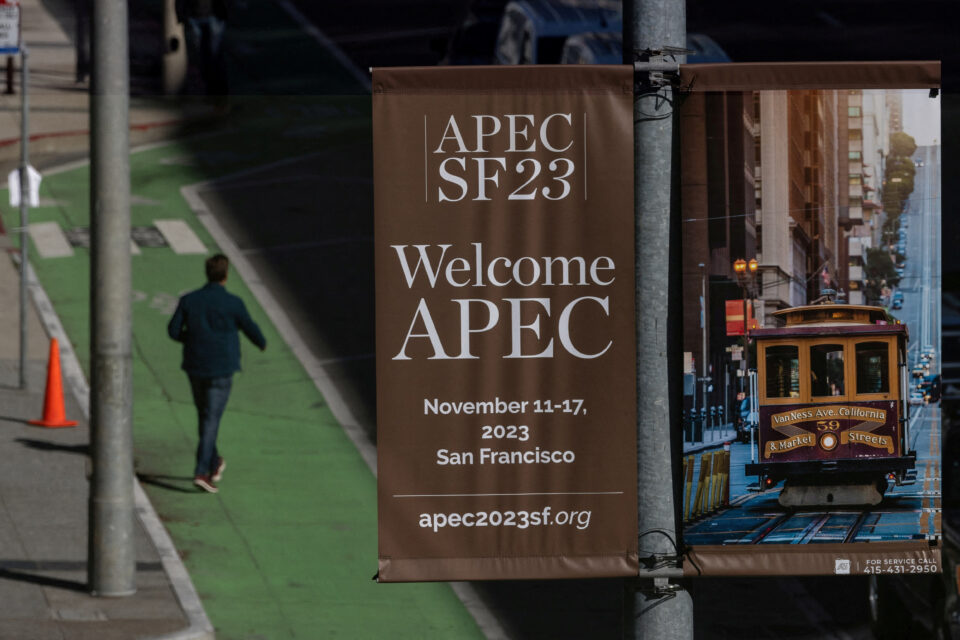SAN FRANCISCO, Nov 16 — Trade ministers from members of an Asian free trade pact abandoned by the United States (US) affirmed a desire for more countries to join the bloc if they can meet its standards.
The officials from the 12 Comprehensive and Progressive Agreement for Trans-Pacific Partnership (CPTPP) countries met in San Francisco just after trade negotiations for the US-led Indo-Pacific Economic Framework (IPEF) initiative ground to a halt without an agreement this week.
The lack of an IPEF trade deal is a setback for the Biden administration. It had aimed to showcase the initiative during this week’s Asia Pacific Economic Cooperation (APEC) summit in San Francisco as a symbol of its economic re-engagement in Asia, providing countries with a counterweight to China’s growing clout in the region.
The CPTPP is the successor to the Trans-Pacific Partnership free trade deal, from which former president Donald Trump withdrew as soon as he took office in 2017.
The CPTPP meeting on the sidelines of the APEC leaders’ summit was the first ministerial to include new member Britain, which signed up to the trade bloc in July.
In a joint statement posted on the United Kingdom’s (UK) Trade Ministry website yesterday, the ministers “reaffirmed that the CPTPP is open to accession requests by economies that are ready to meet the high standards of the agreement and have a demonstrated pattern of complying with trade commitments.”
The statement did not mention China’s application to join the bloc, nor applications by Taiwan, Costa Rica, and Ecuador.
It said accession decisions depend on consensus, and since July, they have been “gathering information on whether aspirant economies can meet CPTPP’s high standards.”
Information collected to date “will not prejudge any process, outcome, decision and/or actions to be taken by CPTPP members,” it said, adding the bloc would apply lessons learned in the UK accession.
The current CPTPP members are Australia, Brunei, Canada, Chile, Japan, Malaysia, Mexico, New Zealand, Peru, Singapore, the UK, and Vietnam. Most overlap with both APEC and the IPEF initiative.
— Reuters





